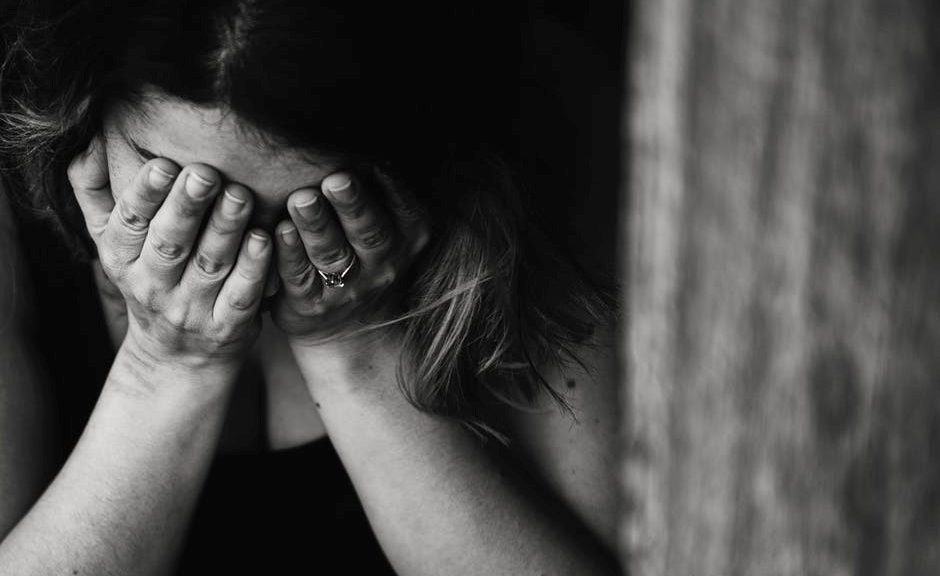
Four Ways to Reduce the Symptoms of Post Traumatic Stress Disorder
Today is Post Traumatic Stress Disorder (PTSD) Awareness Day, which is a day dedicated to creating awareness about the disorder.
Dr Marilyn Glenville, the UK’s leading nutritionist and author of The Natural Health Bible for Women (www.marilynglenville.com), explains: “Although PTSD is a mental disorder that develops after someone has experienced a traumatic event in their life, it is important to think about how we might be able to help reduce the symptoms and the duration of those symptoms by helping the person physically as well as mentally”.
First of all, why do these symptoms happen? “With PTSD there is an increase in the fight or flight response which will have been triggered during the event. As well as psychological help, this stress response can also be lowered by making sure that your blood sugar is balanced. Balancing blood sugar is essential in lowering this fight or flight response because the crashes in sugar levels which happen through the day (due to go long periods without food and not eating the right foods) stimulates the stress hormones, adrenaline and cortisol to be released. This is because these stress hormone, apart from helping during that traumatic event, can also mobilise your glucose (which has been stored as glycogen in the liver) back into the blood stream. This is also why you can feel more jittery and irritable when blood sugar plummets,” explains Dr Glenville.
Dr Glenville has given us her top tips on the different ways you can help reduce the symptoms of PTSD…
- Eat every couple of hours
Ensure you have a small meal every two to three hours that contains protein (eat breakfast, lunch and dinner plus a snack mid morning and one mid afternoon). Eliminate all sugar and refined carbohydrates like white bread, pasta etc. Also reduce or even better eliminate all stimulants in the form of drinks.
- De-caffeinate
Think about the amount of caffeine you are drinking either in coffee, tea, colas and energy drinks. Caffeine will cause a similar roller coaster effect as sugar and cause the release of the stress hormones, adrenaline and cortisol.
- Chocolate is a no go – even dark chocolate
Be careful of chocolate, especially dark chocolate where the cocoa solids are higher. Chocolate contains a stimulant called theobromine. It has a similar but lesser effect than caffeine. Theobromine can increase your heartbeat and similar to caffeine, it can cause anxiety, restlessness and insomnia.
- Increase your vitamin intake
Certain vitamins and minerals can also help reduce the fight or flight response. These include the B vitamins especially B5 for stress relief and energy, magnesium, nature’s tranquiliser for relaxation and sleep, chromium for blood sugar balance, Siberian ginseng which acts as a tonic to the adrenal glands and L-theanine for reducing stress and anxiety. A good supplement I use in the clinic, which contains all these nutrients plus more is NHP’s Tranquil Woman Support to help you take back control of your life (£24.77, www.naturalhealthpractice.com).